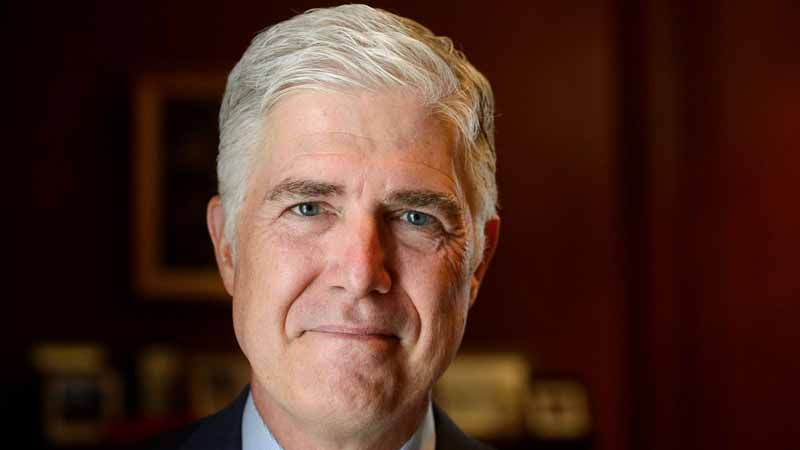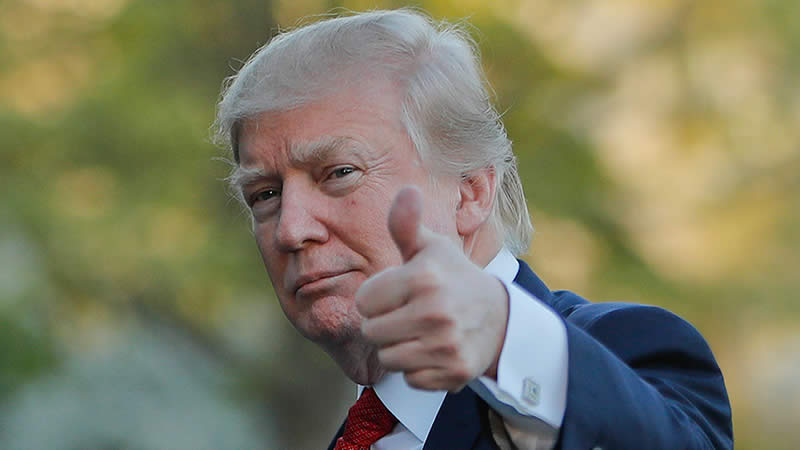‘No One Should Mistake Gorsuch’s Eleventh-Hour Recusal for a Sudden Embrace of Ethics,’ Slate Writer Says

Supreme Court Justice Neil Gorsuch poses for a portrait in his office at the Supreme Court, Monday, July 29, 2024, in Washington. (AP Photo/Rod Lamkey, Jr.)
Supreme Court Justice Neil Gorsuch made headlines this week by recusing himself from an upcoming environmental case, Seven County Infrastructure Coalition v. Eagle County, but did so without explaining his reasoning. While the move was seen as compliance with a new ethics code, Slate writer Mark Joseph Stern warned against interpreting it as a genuine commitment to ethical transparency.
The case, which is set for arguments next week, has raised eyebrows due to Gorsuch’s unexplained recusal. On Wednesday, a clerk delivered a letter stating that Gorsuch had determined “he will not continue to participate in this case,” citing “the new ethics code.” However, Stern cautioned readers not to view this as a positive development.
The timing of Gorsuch’s recusal, Stern pointed out, was highly significant — it came just a day after The New York Times reported Gorsuch’s opposition to “meaningful” ethics reforms, which he had successfully lobbied to make ineffective. Stern argued that Gorsuch’s efforts to block enforceable ethics measures meant that the task of holding justices accountable had been left to lawmakers and interest groups willing to launch public shaming campaigns, rather than through transparent and consistent processes.
“No jurist emerges from such a campaign looking good, even if they wind up making the right choice, as Gorsuch did here,” Stern wrote. “It is the worst possible way to do ethics, guaranteed by the justice’s refusal to set clear rules of the road.”
Stern also noted the apparent conflict of interest in the case, given that a billionaire who stands to benefit from a deregulation decision had urged the Bush administration to appoint Gorsuch. While Gorsuch recused himself from dozens of cases involving the billionaire’s companies while serving on the lower courts, the recusal here was not automatic. The billionaire’s company had only filed an amicus brief, which according to the new ethics code, does not mandate a recusal.
“If the code were enforceable—by, say, a panel of lower court judges, as Justice Elena Kagan has proposed—Gorsuch could have sought guidance on a potential recusal,” Stern said.
In conclusion, Stern cautioned that Gorsuch’s decision should not be seen as a sudden commitment to ethics. “No one should mistake Gorsuch’s eleventh-hour recusal for a sudden embrace of ethics,” Stern said, emphasizing that Gorsuch did not provide an explanation for his decision, as the justices’ own rules encourage them to do.


